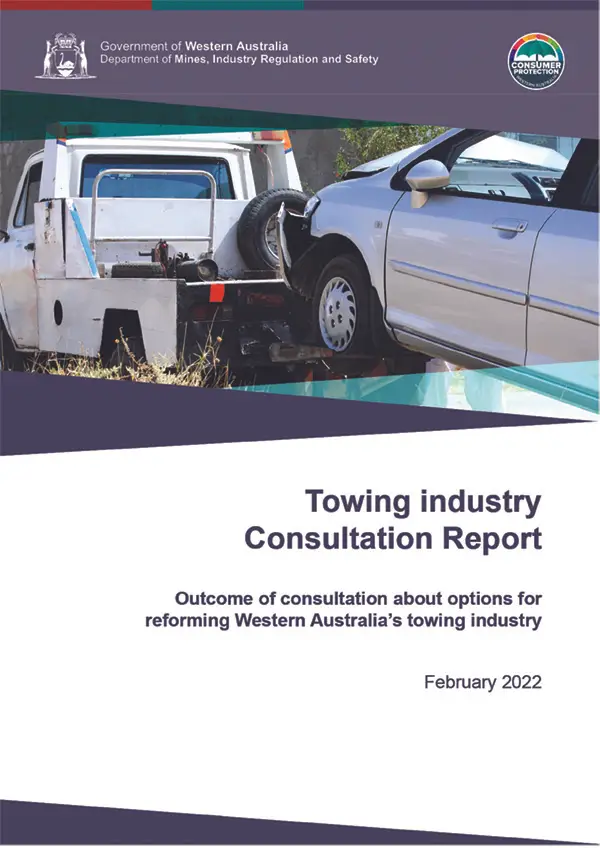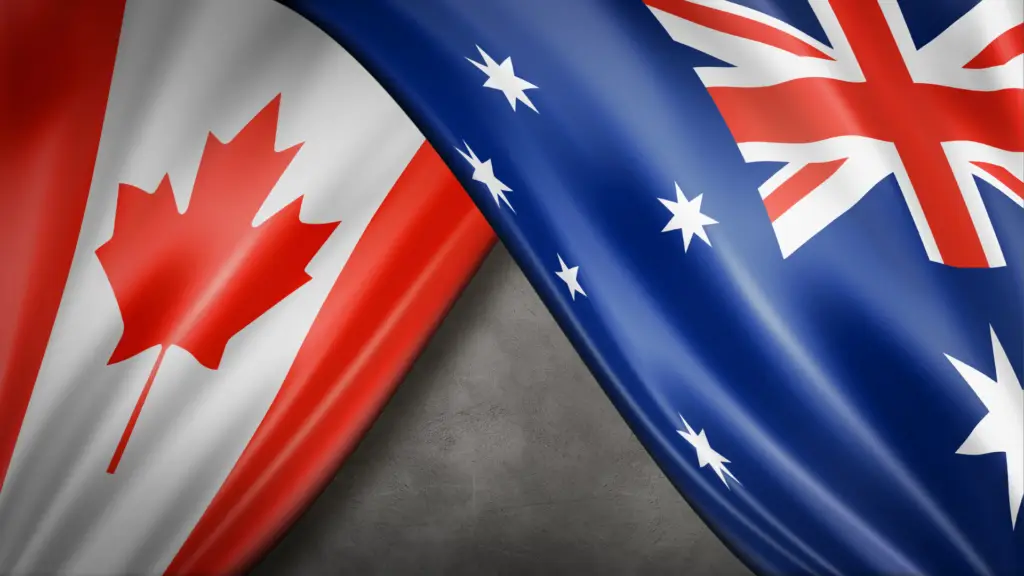In Western Australia (WA), the question is not whether to reform the towing industry, but how.
Canada has a lot in common with Australia. Both countries have relatively small populations on large land masses. Both countries are former British colonies built through immigration, and we are both constitutional monarchies. Both Canada and Australia are also ranked among the richest countries in the world, ninth and thirteenth respectively.
Some comparisons, however, are not so pleasant. It turns out that the towing industry in parts of Australia is struggling with growing pains similar to what we have experienced in parts of Canada, particularly Ontario. The Government of Western Australia is planning to reform the industry for reasons remarkably similar to those cited by the Ministry of Transport in Ontario (MTO), and the Government of Western Australia has published an extensive report entitled: Towing Industry Consultation Report: Outcome of consultation about options for reforming Western Australia’s towing industry.
Issues of concern in the report include:
- unsafe, unscrupulous, threatening, deceptive and unethical conduct;
- charging excessive towing and storage fees with fees charged in Western Australia being two to three times higher than equivalent tows in other jurisdictions;
- physical altercations between tow truck drivers competing to secure accident towing jobs;
- possible links to criminal activity and organised crime; and
- the deterioration of the industry over recent years, making it difficult for ethical operators to compete, for example, the practice of towing operators securing jobs by making corrupt payments to public officers in exchange for accident information.
“Western Australia and Tasmania are the two States with the least regulation of the towing industry,” said Australian Transport Minister Rita Saffioti.5 “Regulation in WA is long overdue and is essential to ensure that consumers are properly protected whilst improving safety and confidence in the industry.”
Anyone who has been following the MTO’s efforts to create a regulatory model for the industry might find this report interesting, especially the conclusion, which proposes five solutions or options, both preferred and non-preferred. You can download the full report from the Government of Western Australia’s website (www.commerce.wa.gov.au/publications/accident-towing-industry-consultation-report). Again, there is much here that will be familiar to those who have been following the evolution of regulation in Ontario.
For those who are interested, here is the Government of Western Australia’s media release on towing industry reform:
McGowan Government to Reform WA Tow Truck Industry
The McGowan Government is reforming the tow truck industry in Western Australia to protect people involved in traffic accidents and combat bad behaviour and price gouging.
Consumer Protection invited more than 6,000 stakeholders to engage in consultation on reforms for the industry, which received 37 formal submissions and more than 400 survey responses from industry participants, consumers, insurers and government agencies.
About 90 per cent of survey respondents agreed the industry should be regulated. The following suggested reforms have received strong community support:
- tow truck businesses and drivers to be licensed, with criminal background and association checks as part of the application process;
- control access to the road network with powers to suspend and cancel licences for breaches of road laws, safety and fees;
- setting price caps and registering depots being used for storage to manage the issue of excessive towing and storage fees being charged; and
- additional requirements on ‘Authority to Tow’ forms signed by consumers before a vehicle is towed to increase transparency about what the consumer is authorizing.

Responsibility for executing changes has moved to the Department of Transport, who will present reform options to the State Government by the middle of this year.
Depending on reform options, this may include legislative changes.
While this work is ongoing, the Department of Transport is also preparing amendments to the Road Traffic (Vehicles) Regulations 2014 to update technical standards and begin rolling out a communications campaign to advise drivers of their rights.
This will require maximum tow and storage fees to be recorded on the ‘tow truck driver’s statement’, which is given to the person authorizing the tow at the roadside.
The consultation report that summarises the feedback can be viewed on the Consumer Protection website.
